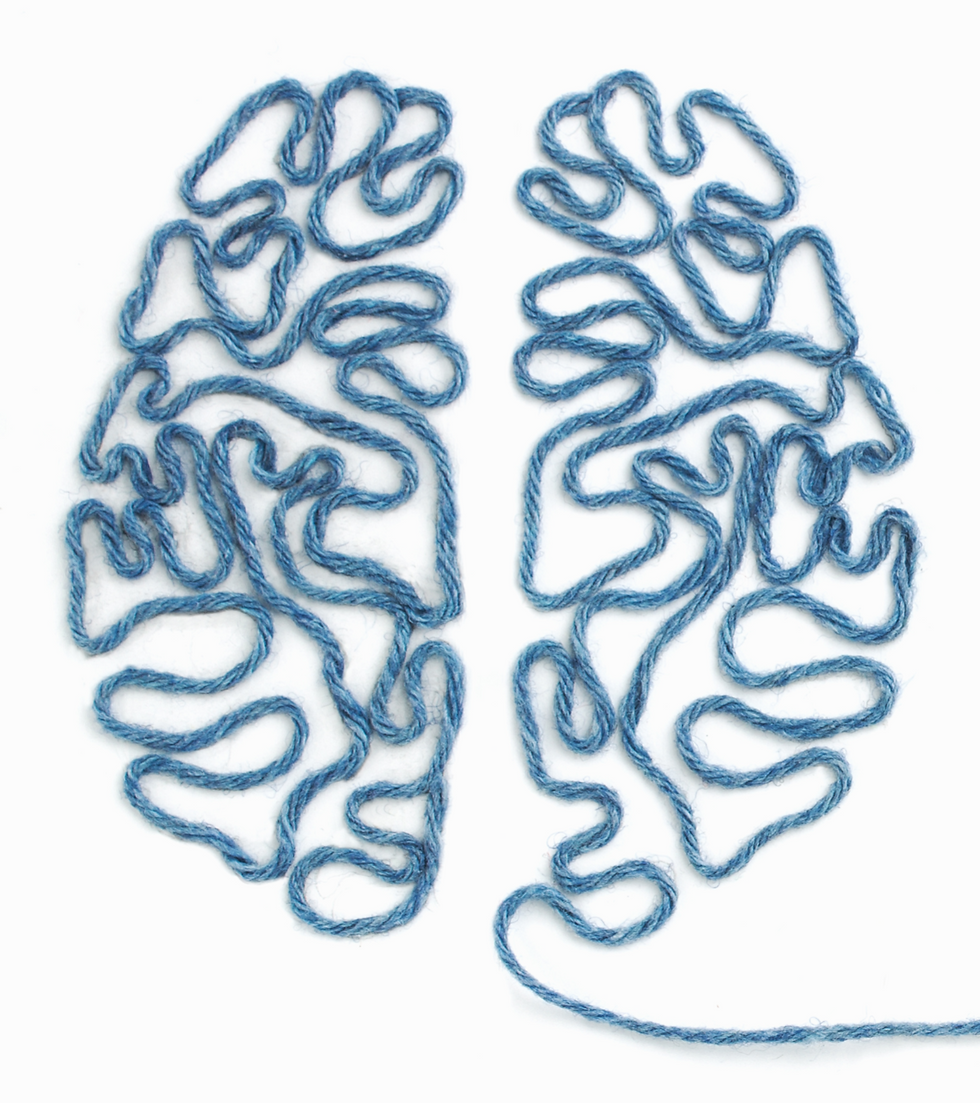Scientists Show how Gratitude Literally Alters the Heart and Brain
- Future Legacies

- Oct 18, 2019
- 3 min read

Emotions and other factors associated with consciousness have the power to transform our inner world in ways we don’t fully understand yet. Recent studies show how consciousness can transform the physical/material world. This validates the idea that if we can change our inner world through gratitude, empathy, compassion, and meditation, we can make our outer world more peaceful.
Gratitude and how we view thankfulness can be different than how someone else views it. In some parts of the world, someone who gets a clean drink of water, one meal a day, or merely a place to sleep can be grateful. Meanwhile, in other parts of the world, someone who has all the necessities they need can be found wanting. In our society, there is a lingering belief that obtaining material possessions is the key to happiness. This might have some truth in it, but that gratitude is not sustainable.
This is something science is just starting to grasp as well, as shown by research coming out of UCLA’s Mindfulness Awareness Research Center. Check out these excerpts from Collective Evolution that highlights the scientific connection between our hearts, brains, and gratitude:
Gratitude and the Brain

“Previously, a study on gratitude conducted by Robert A. Emmons, Ph.D. at the University of California, Davis and his colleague Mike McCullough at the University of Miami randomly assigned participants to be given one of three tasks. Each week, participants kept a short journal.
One group described five things they were grateful for that had occurred in the past week, another group recorded daily troubles from the previous week that displeased them, and the neutral group was asked to list five events or circumstances that affected them, but they were not told whether to focus on the positive or the negative.
Ten weeks later, participants in the gratitude group felt better about their lives as a whole and were a full 25 percent happier than the troubled group. They reported fewer health complaints and exercised an average of 1.5 hours more.
Researchers from Berkeley identified how gratitude might actually work on our minds and bodies. They provided four insights from their research suggesting what causes the psychological benefits of gratitude.
Gratitude unshackles us from toxic emotions
Gratitude helps even if you don’t share it
Gratitude’s benefits take time & practice. You might not feel it right away.
Gratitude has lasting effects on the brain
The brain part is very interesting. The researchers at Berkeley used an fMRI scanner to measure brain activity while people from each group did a “pay it forward” task. During the task, the participants were given money by a “nice person.” This person’s only request was that they pass on the money to someone if they felt grateful.
They did this because they wanted to distinguish between actions motivated by gratitude and actions driven by other motivations like obligation, guilt, or what other people think. This is important because you can’t fake gratitude, you actually have to feel it. If you don’t feel grateful or practice trying to feel grateful by taking the necessary steps like keeping a gratitude journal, you may not experience as much joy and happiness.”
Gratitude and the Heart

“The work and research above is great, but where do we actually experience these feelings? They are clearly not a product of our brain, they are products of our consciousness, and when we feel them the brain responds. Researchers are now discovering that the heart also responds and that it might actually be the heart that’s responsible for sending these signals to the brain.
A group of prestigious and internationally recognized leaders in physics, biophysics, astrophysics, education, mathematics, engineering, cardiology, biofeedback, and psychology (among other disciplines) have been doing some brilliant work over at the Institute of HeartMath.
Their work, among many others, has proven that when a person is feeling really positive emotions like gratitude, love, or appreciation, the heart beats out a different message, which determines what kind of signals are sent to the brain.
One important way the heart can speak to and influence the brain is when the heart is coherent – experiencing stable, sine-wavelike pattern in its rhythms. When the heart is coherent, the body, including the brain, begins to experience all sorts of benefits, among them are greater mental clarity and ability, including better decision making.
In fact, the heart actually sends more signals to the brain than the brain sends in return. What’s even more amusing is the fact that these heart signals (from heart to brain) actually have a significant effect on brain function.”
As you can see, gratitude can literally change the heart and brain. How are YOU actively being grateful in life?
Wishing you a life of gratefulness,
Krista

Source: Collective Evolution





Comments